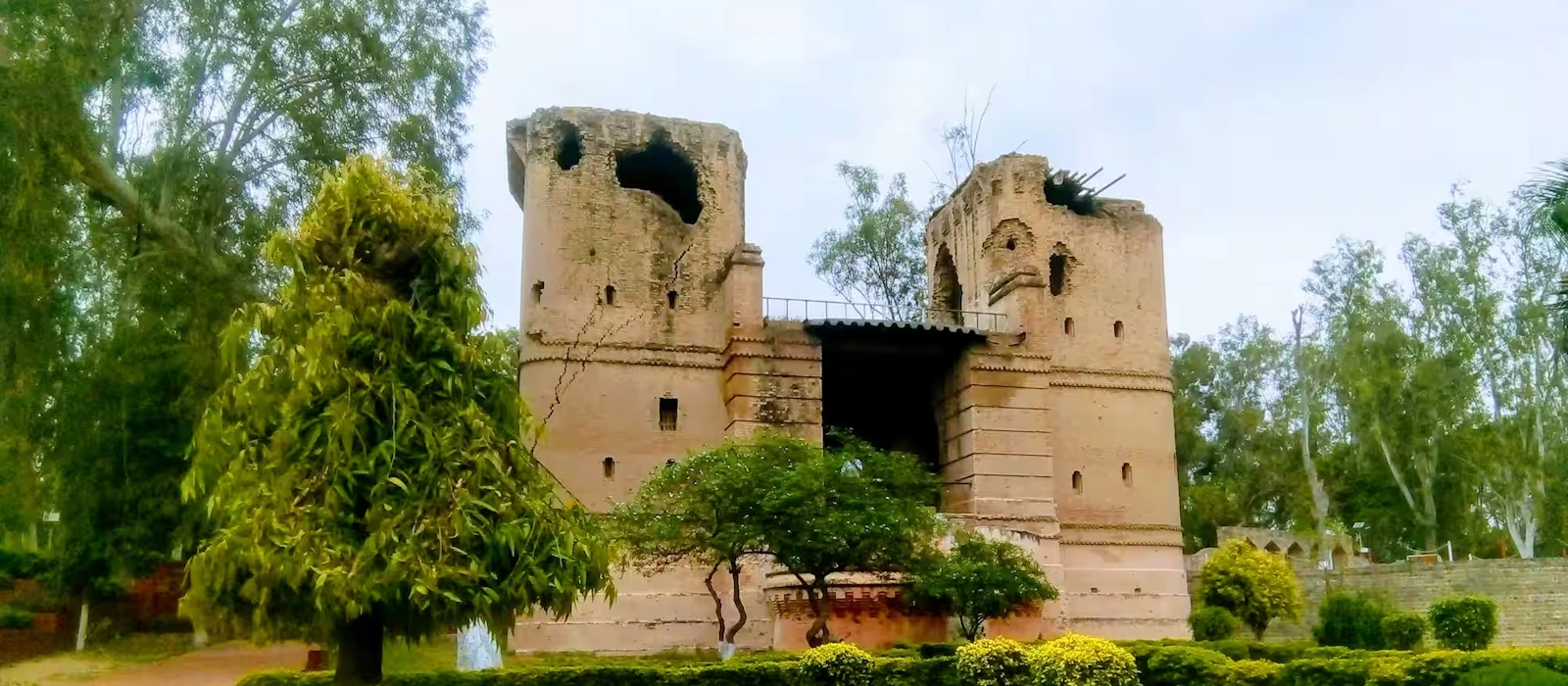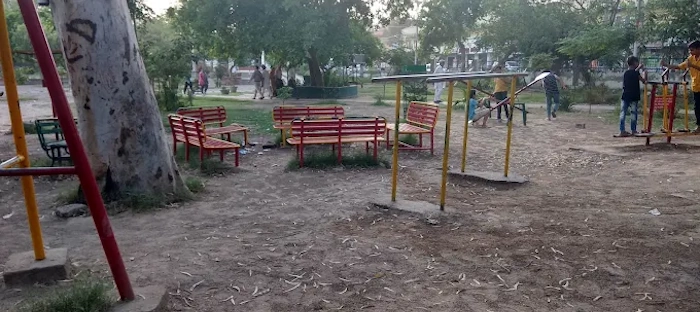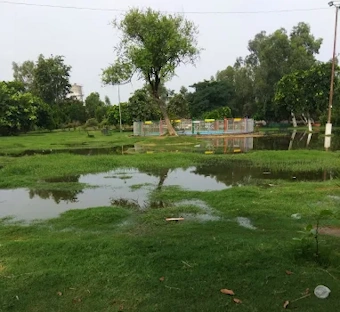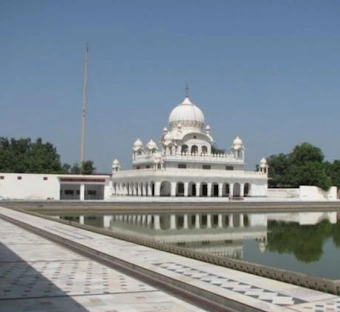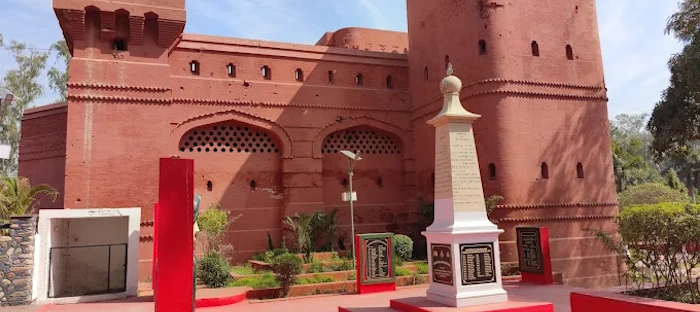Abohar is a historic city located in the southwestern part of Punjab, India, known for its rich agricultural heritage, historical significance, and vibrant culture. Situated near the border of Rajasthan and Punjab, Abohar is an important commercial hub and is considered a vital part of the Fazilka district. The city has earned its reputation as a key center for agriculture, particularly for its production of crops like cotton, wheat, and sugarcane, and is often referred to as the “Cotton City” due to its strong association with cotton farming.
Abohar’s history is deeply rooted in the era of the Mughal Empire and the subsequent influence of the Sikh Empire, with many landmarks from these periods still present in the city. The name “Abohar” is believed to have originated from the phrase “Abo Har,” which means “Water of Life” in Persian, highlighting the city’s importance in water-based agriculture and its strategic location near the Sutlej River. The city also has a connection to Raja Abo, a ruler of the region in ancient times, and its development as a settlement over the centuries.
One of the most prominent attractions in Abohar is the Sulaimain Da Pahlwan Mandir, a religious and historical landmark that attracts pilgrims and tourists alike. The temple, dedicated to Sulaiman or Suleiman, is located near the city’s historic fort and holds deep cultural and religious importance for the locals.
The Abohar Wildlife Sanctuary, located on the outskirts of the city, is another key destination. The sanctuary is home to a variety of wildlife, including the Indian wolf, Nilgai, and various species of birds. It is an excellent spot for nature lovers and wildlife enthusiasts, offering a serene environment and opportunities for bird watching and eco-tourism. The sanctuary also plays an important role in conservation efforts in the region.
Abohar’s Gurdwara Shri Guru Teg Bahadur Sahib is another prominent religious site, revered by Sikhs for its association with Guru Teg Bahadur, the ninth Guru of the Sikh religion. The Gurdwara, with its peaceful surroundings and historical significance, remains a central place of worship and spiritual solace for devotees.
The Clock Tower of Abohar, situated in the center of the city, is a symbol of the city’s colonial past. It stands as a reminder of the British era and serves as an important landmark for both locals and visitors. The tower is located near the bustling market area, making it a central point of reference in Abohar.
Another famous site in Abohar is Shahidan Da Bagh, a memorial garden dedicated to the Sikh martyrs who sacrificed their lives for the Sikh faith during various battles. The garden, well-maintained with trees and flowers, serves as a tribute to the courage and sacrifices of these brave souls. It is a peaceful spot where visitors can reflect on the city’s deep cultural and religious roots.
The Baba Ratan Da Mandir, dedicated to the famous Sikh saint, Baba Ratan, is an important religious site in Abohar. The temple, located on the outskirts of the city, attracts devotees for its spiritual significance and beautiful surroundings. It is a serene location that provides both locals and visitors a space for worship and meditation.
The city is also known for its bustling markets, including Abohar Bazar, which offers a variety of local goods, including traditional clothing, spices, and agricultural products. The market is particularly famous for its cotton products, which are locally manufactured and widely distributed. The lively atmosphere of the market makes it a great place for shopping and experiencing the everyday life of the city.
Abohar also celebrates several festivals, with Lohri, Baisakhi, and Diwali being the most prominent. These festivals are marked by cultural performances, religious ceremonies, and communal gatherings, reflecting the city’s strong cultural heritage. The festivals offer visitors a chance to experience the vibrant traditions and customs of the region, from traditional dances like Bhangra to folk music and local fairs.
In terms of infrastructure and connectivity, Abohar is well-connected by road and rail to major cities like Fazilka, Ludhiana, and Amritsar, making it easily accessible for travelers. The city is rapidly developing, with improvements in its educational institutions, healthcare facilities, and industrial sectors.

